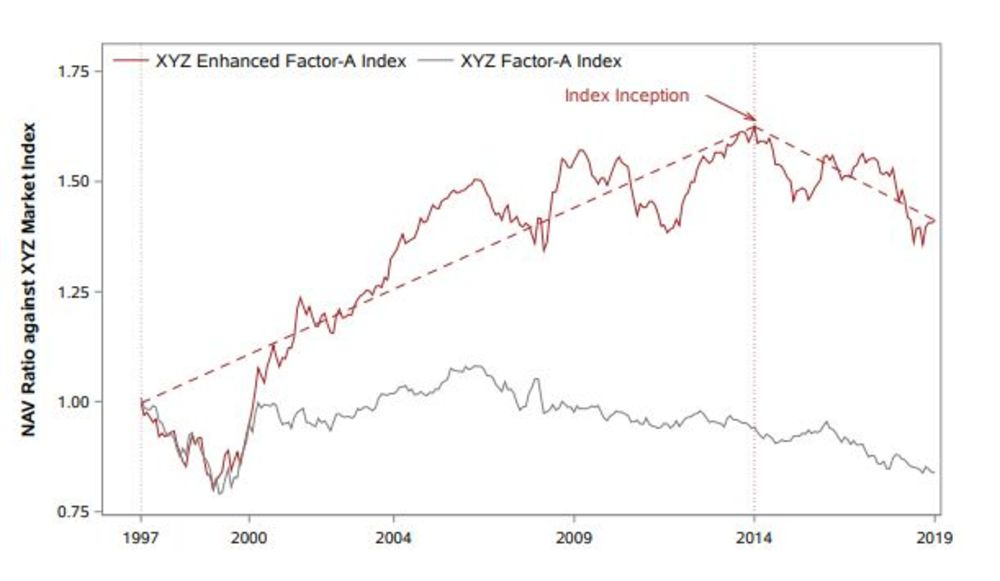📑 Research Notes for 2020-09-04
This week, we look at the logic behind the Fed's new inflation policy, the federal government's debt burden, tech stock overvaluation, and the disappointment of smart beta products.
We are a California-based registered investment advisor and investment thought leader, updating you on this week’s top investment observations and market performance.
Do not reply to this email with any service requests, contact us instead for support with your accounts if needed.
What to make of the Fed's new approach to inflation.
(Stratfor)

Last week, the Fed announced a new policy towards inflation that would switch from inflation targeting to inflation averaging, confirming interest rates near zero, even if prices begin to rise. The new approach indicates the Fed believes the long-term relationship between growth, labor and price levels has shifted, especially in light of the COVID-19 crisis, with lower unemployment now less likely to generate inflationary pressure.
U.S. to owe more than the size of its economy for the 1st time in 75 years.
(NPR)

The federal government's accumulated debt burden is projected to be larger than the overall economy next year for the first time since 1946. Debt is expected to reach an all-time high of 107% of gross domestic product in 2023. The Congressional Budget Office expects the deficit to reach $3.3 trillion in the fiscal year ending this month. That's about 16% of GDP — a level not seen since the end of World War II in 1945.
U.S. tech stocks are now worth more than the entire European stock market.
(CNBC)

The dominance of major U.S. tech stocks in recent years has pushed the sector past another milestone as it is now more valuable than the entire European stock market, according to Bank of America Global Research.
Darkest quant fears ring true in $1 trillion world of smart beta.
(Bloomberg)

According to a new study, hundreds of strategies that showed significant outperformance in backtesting are failing to live up to their hype once they are packaged up and sold as exchange-traded funds. The average above-market return for smart-beta strategies is 2.77% per year before they are listed. That flips to a loss of 0.44% after fees once they actually become ETFs.

Curated by Joseph Lu, CFA®
Joseph has over a decade of experience as an investment professional, primarily in quantitative analysis and portfolio management roles. He is the founder and managing director of Conscious Capital Advisors and a CFA® Charterholder. The CFA charter is a globally respected, graduate-level investment credential by the CFA Institute, a global association of more than 90,000 investment professionals working in over 133 countries.
🔗 Connect with us on LinkedIn, Facebook, or Twitter.
Have a question about what we shared? Email us at info@consciouscapital.pro.
Do not reply to this email with any service requests, contact us for support if needed.
The information presented in this newsletter is for educational purposes only and is not a solicitation for any specific security, product, service, or investment strategy.
Investments involve risk and unless otherwise stated, are not guaranteed. Be sure to consult with a qualified financial advisor, tax professional, or attorney before implementing any strategy or recommendation you may read here.

